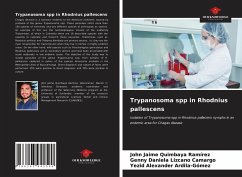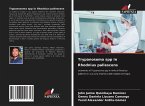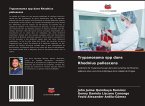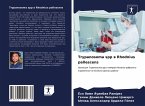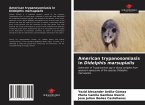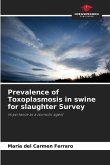Chagas disease is a zoonosis endemic to the American continent, caused by protozoa of the genus Trypanosoma spp. These parasites infect more than 150 species of mammals and use different species of arthropods as vectors. An example of this are the hematophagous insects of the subfamily Triatominae, of which in Colombia there are 16 described species with the capacity to replicate and transmit these parasites. Triatomines such as Rhodnius prolixus and Triatoma dimidiata are primary vectors, i.e. they are the main responsible for transmission when they live in homes in highly endemic areas. On the other hand, wild species such as Panstrongylus geniculatus and Rhodnius pallescens act as secondary vectors and have been associated with acute outbreaks in low endemic areas. The objective of this study was to isolate parasites of the genus Trypanosoma spp. from nymphs of R. pallescens captured in palms of the species Acrocomia aculeata in the Metropolitan Area of Bucaramanga. Direct diagnosis and culture of feces were performed. 55% were positive to direct diagnosis and 70% were positive to culture.
